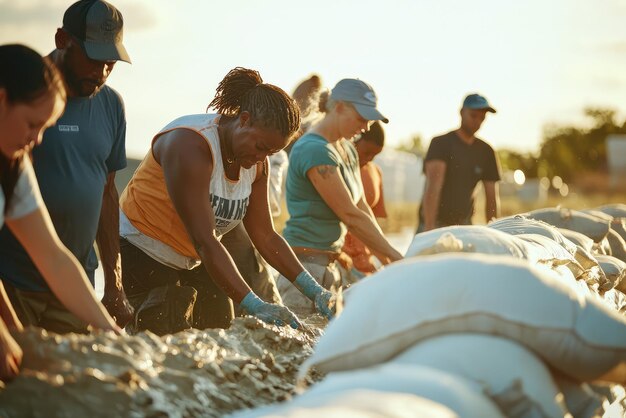Fishing Cooperatives Empowering Coastal Towns in Somalia
An Introduction to Fishing Cooperatives in Somalia
Somalia, with its extensive coastline bordering the Indian Ocean, is a nation intrinsically tied to the sea. Over the years, fishing cooperatives have emerged as pivotal forces in empowering coastal towns throughout the country. Offering more than just economic support, these cooperatives unite communities, preserve cultural traditions, and foster sustainable practices that protect marine ecosystems. The symbiotic relationship between the people and the ocean has created dynamic and resilient coastal communities that visitors and locals alike can appreciate.
Empowering Coastal Communities
Fishing cooperatives in Somalia are much more than business enterprises; they are community pillars. They create jobs, improve local infrastructure, and ensure food security. By bringing fishermen together under a cooperative umbrella, individuals gain access to shared resources, improved fishing techniques, and collective bargaining power that allows them to fetch fairer prices for their catch. This economic empowerment leads to a ripple effect benefiting entire towns through better education, healthcare, and social services.
Popular Services and Experiences
Fresh Seafood Markets
One of the most delightful aspects of visiting Somali coastal towns is the fresh seafood markets. These bustling hubs offer a variety of fish and seafood, freshly caught and directly sourced from the cooperatives. Locals and tourists can enjoy dishes prepared right in front of them, ensuring an authentic taste of Somalia's coastal culinary traditions. Fishermen's cooperatives often organize these markets, enriching the local economy and promoting sustainable fishing practices.
Eco-Tourism and Marine Conservation
Somalia's fishing cooperatives are also leading the charge in promoting eco-tourism and marine conservation. Visitors can participate in guided tours that highlight the importance of sustainable fishing methods and marine biodiversity preservation. Many cooperatives offer boat trips, diving tours, and educational programs that allow tourists to appreciate the natural beauty of Somalia’s coastline while learning about the delicate balance necessary to maintain it.
Artisanal Craft Markets
In addition to seafood, coastal towns offer markets featuring artisanal crafts unique to the region. Inspired by marine life and local culture, these crafts are often produced by families involved in or supported by the fishing cooperatives. Souvenirs such as woven baskets, hand-carved wooden items, and traditional textiles make perfect keepsakes, allowing visitors to take a piece of Somali culture home with them.
Exploring Further: Related Subcategories
For those intrigued by the interplay of community and marine life, there are numerous subcategories worth exploring. Sustainable fish farming showcases innovative approaches for balancing human needs with ecological health. Delve into the strategies deployed by cooperatives to combat illegal fishing, ensuring long-term viability for future generations. Or explore the cultural heritage of coastal Somalia, where storytelling, music, and dance often center around the ocean’s influence on daily life.
Why Somalia?
Historically, Somalia's coast has been a vital trading route that connects Africa to the Arabian Peninsula and beyond. The strategic location and abundant marine resources have made fishing a crucial industry. Today, the development of fishing cooperatives is revitalizing these coastal towns, making Somalia not only a hub of marine commerce but also a model of community-led empowerment through collective efforts. The rich cultural tapestry and dedication to sustainable development make it a must-visit destination for anyone interested in the intersection of culture, community, and the sea.
